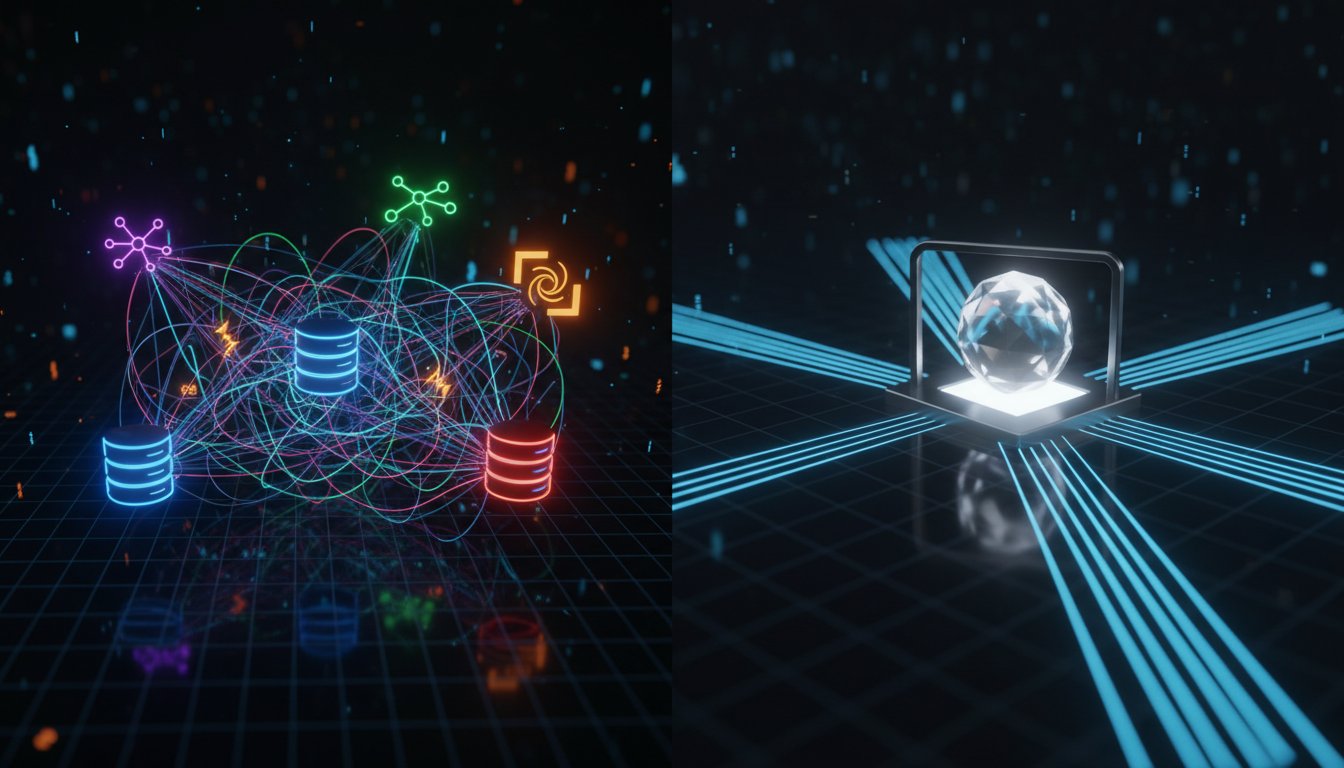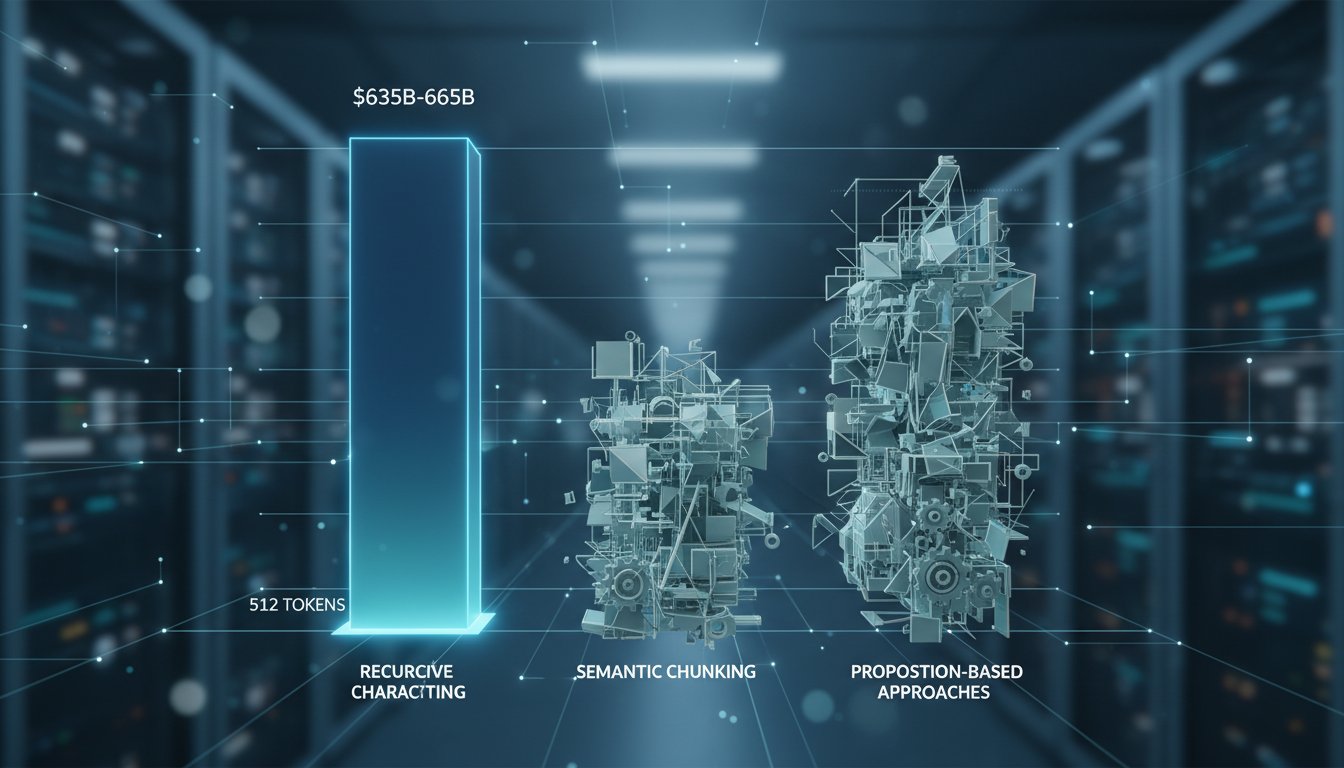The digital notification chimed again, marking another new lead added to the HubSpot portal. For Maria, a marketing director at a thriving SaaS company, this should have been a moment of triumph. Her team’s latest webinar was a massive success, flooding their pipeline with hundreds of interested prospects. Yet, instead of celebration, a sense of dread washed over her. Each new name in that list represented a critical first touchpoint, an opportunity to make a lasting impression. But with the sheer volume, her team was forced to rely on the same generic, templated welcome email for everyone. The personal touch was gone, and she knew in the hyper-competitive tech landscape, “generic” was a death sentence for engagement.
This is the scaling paradox that plagues so many modern marketing and sales teams. You invest heavily in top-of-funnel activities to attract leads, only to see them stagnate due to an impersonal, one-size-fits-all follow-up process. Manually recording a unique video for each new contact is operationally impossible, yet the impact of a face-to-face, personalized message is undeniable. Studies consistently show that personalized video can dramatically increase click-through rates and conversions, creating a human connection that text-based emails simply cannot replicate. How can organizations bridge this gap? How can they deliver a bespoke, engaging welcome to every single lead without dedicating thousands of hours of manual labor?
The solution lies not in working harder, but in building smarter systems. By orchestrating a new generation of AI tools, we can automate hyper-personalization at scale. Imagine a workflow where every time a new contact is added to a HubSpot list, a unique video message is automatically generated and sent to them. This video features a consistent company avatar speaking with a lifelike, branded voice, addressing the new lead by name, and referencing the specific reason they signed up. This isn’t science fiction; it’s a practical and achievable reality using the powerful APIs of HeyGen for AI video generation and ElevenLabs for synthetic voice creation, all tied together with an automation platform like Zapier. This article provides a complete technical walkthrough to build this exact system, transforming your HubSpot follow-up from a monotonous chore into a powerful engine for building relationships.
The Architecture of Hyper-Personalized Video Automation
Before diving into the technical steps, it’s crucial to understand the architecture of this automated system. At its core, this workflow is a digital assembly line that takes raw lead data and transforms it into a polished, personal video message. The entire process is triggered by a single event and requires zero manual intervention once set up.
Mapping the Workflow: From HubSpot Trigger to Video Delivery
The data journey follows a logical sequence:
- Trigger Event: A new contact is added to a specific list within your HubSpot account. This could be a list for webinar attendees, ebook downloaders, or demo requests.
- Orchestration Layer: An automation platform like Zapier or Make.com detects this trigger. It acts as the central hub, receiving the contact’s data (first name, company name, email, etc.) from HubSpot.
- Video Generation: The orchestrator sends a request to the HeyGen API. This request includes the contact’s personalized data and instructs HeyGen to create a new video using a pre-defined template.
- Voice Synthesis: Within that HeyGen process, a script with personalized variables is paired with a specific voice ID from ElevenLabs. This ensures the audio is not only lifelike but also consistent with your brand’s auditory identity.
- Rendering and Retrieval: HeyGen begins rendering the video. Since this can take a few minutes, the workflow pauses briefly before sending a follow-up request to fetch the URL of the completed video.
- Delivery: Once the video URL is retrieved, the orchestrator triggers the final action: sending a personalized email to the new contact. This email, often sent via HubSpot or Gmail, contains a link to or an embedded thumbnail of the newly created video message.
This entire sequence, from a new contact being added to them receiving a unique video welcome, can happen in under ten minutes, creating a powerful and immediate first impression.
Why HeyGen and ElevenLabs are the Enterprise Choice
While various tools exist for video and voice creation, HeyGen and ElevenLabs stand out for their enterprise-grade features and robust APIs, which are essential for this type of automation.
HeyGen provides a powerful Video Generation API that is built for personalization at scale. Its key feature is the ability to create dynamic video templates with variables. You can design a video once, designate fields like {{first_name}} or {{company}} as variables, and the API will dynamically insert the data for each unique video. This is the mechanism that makes scalable personalization possible. Furthermore, their growing library of high-quality AI avatars allows you to maintain a consistent visual brand presence.
ElevenLabs has set the industry standard for AI voice generation and cloning. For this workflow, its value is twofold. First, you can clone a specific voice (such as your CEO’s or lead salesperson’s) to create an incredibly authentic and personal message. Second, its API delivers state-of-the-art text-to-speech synthesis that captures human-like intonation and emotion. Research from Wyzowl indicates that 88% of people would like to see more video from brands, and delivering it with a voice that feels genuinely human is critical for cutting through the noise.
Step-by-Step Guide: Setting Up Your Automated Video Funnel
Now, let’s move from theory to practice. This section will guide you through configuring the core components of our automation: the video template in HeyGen, the voice in ElevenLabs, and the trigger in HubSpot.
Step 1: Crafting Your Dynamic Video Template in HeyGen
This template is the visual foundation of your automated outreach. Log in to your HeyGen account and navigate to the template creation section.
- Choose Your Avatar: Select a stock AI avatar or upload a video of yourself to create a custom avatar. For brand consistency, using a custom avatar of a key team member is highly effective.
- Compose Your Script: Write a script for your welcome video. This is where you’ll insert variables. The variables must be enclosed in double curly braces. For example:
> “Hi {{firstname}}, I wanted to personally welcome you to our community. I saw you joined us from {{company}}. We’re thrilled to have you here and look forward to helping you achieve your goals. I’ve linked a great starting resource for you below. Welcome aboard!” - Finalize the Template: Adjust the background, add your company logo, and ensure the overall look aligns with your brand. Once you’re satisfied, save the template. HeyGen will assign it a unique
template_id, which you will need for the API calls later.
Step 2: Integrating an Authentic Voice with ElevenLabs
HeyGen features a direct integration with ElevenLabs, which dramatically simplifies the process of adding a high-quality custom voice to your video.
- Create Your Voice in ElevenLabs: Log in to your ElevenLabs account. You can either use their Voice Lab to clone a specific person’s voice (with their permission, of course) or design a new, unique synthetic voice using their Voice Design tool. Cloning requires uploading a few minutes of clean audio. Once created, your voice will have a unique
voice_id. - Connect ElevenLabs to HeyGen: Within your HeyGen account settings or directly in the video creation interface, you’ll find an option to connect your ElevenLabs account. Simply provide your ElevenLabs API key.
- Assign the Voice: When creating or editing your video template in HeyGen, you can now select your custom ElevenLabs voice from the voice options. This links your template to that specific voice, ensuring all subsequent automated videos use it.
Step 3: Configuring Your HubSpot Trigger
The automation kicks off in HubSpot. You need to define the exact event that will start the workflow. The most reliable method is to use a HubSpot list.
- Create a Contact List: In your HubSpot portal, navigate to Contacts > Lists and create a new active list.
- Set Enrollment Criteria: Define the rules for this list. For example, the trigger could be
Contact properties | Form submission | has filled out [Your Webinar Form]. This ensures that anyone who submits that specific form is automatically added to this list.
This list now serves as your starting pistol. Every new contact enrolled will trigger the entire video automation pipeline.
Orchestrating the Magic: Building the Zapier Workflow
With the components ready, it’s time to connect them using Zapier. This no-code platform will listen for the HubSpot trigger and execute the sequence of API calls to HeyGen. (Note: These steps are similar for other platforms like Make.com).
Step 1: The HubSpot Trigger (“New Contact in List”)
In Zapier, create a new Zap. For the trigger, search for and select the HubSpot app. Choose the event “New Contact in List.” Connect your HubSpot account and select the specific list you created in the previous section. Test the trigger to pull in a sample contact’s data.
Step 2: The HeyGen Action (“Create Personalized Video”)
Add a new action step and select the HeyGen app. Choose the action “Create Video from Template.”
- Connect Your Account: You’ll be prompted to enter your HeyGen API key.
- Configure the Action:
- Video Template: Select the dynamic video template you created earlier from the dropdown menu.
- Variables: Zapier will display the variable fields from your template (e.g.,
firstname,company). Map these fields to the corresponding data from the HubSpot trigger step. Forfirstname, you would select1. First Namefrom the HubSpot data. - Title: Give the video a dynamic title, like
Welcome Video for {{1. First Name}}.
This step tells HeyGen to start rendering a unique video using the template and the specific contact’s information.
Step 3: The Delay and Retrieval Actions
Video rendering is not instantaneous. We need to build a pause into our workflow to allow HeyGen time to finish.
- Add a Delay: Add a new action step and choose Zapier’s built-in “Delay by Zapier” app. Select the “Delay For” action and set a wait time of 4-5 minutes. This is a safe starting point, but you can adjust it based on your video’s complexity.
- Get Video Status: After the delay, add another HeyGen action step. This time, choose the action “Find Video.” In the
Video IDfield, you need to map theVideo IDthat was generated in the “Create Video from Template” step. This action will poll HeyGen for the status of the video and, once complete, retrieve the finalvideo_url.
Step 4: The Delivery Action (“Send Email via HubSpot”)
This is the final step where you deliver the personalized video to the contact.
- Add an Email Action: Add a final action step and choose your preferred email app (e.g., HubSpot, Gmail). Let’s use HubSpot’s “Send Single Email” action.
- Configure the Email:
- To: Map the contact’s email address from the initial HubSpot trigger step.
- Subject: Write a compelling, personalized subject line, such as
A personal video message for you, {{1. First Name}}. -
Body: Craft the email body. You can use a mix of text and HTML to embed a clickable thumbnail of the video. The most important part is to include the
video_urlfrom the “Find Video” step. Example copy:
> *”Hi {{1. First Name}},I was so excited to see you joined our community that I recorded this quick video for you.
Click here to watch your video
Looking forward to connecting further!”*
Once you activate this Zap, your automated, hyper-personalized video follow-up machine is officially online.
Beyond the Basics: Scaling and Optimizing Your Video Outreach
Building the initial workflow is a huge accomplishment, but true enterprise-grade systems are built with optimization and resilience in mind. Consider these advanced strategies to elevate your system.
Error Handling and Fallbacks
What happens if a contact submits a form with their name in all lowercase or leaves the company field blank? Without fallbacks, you might send a video saying, “Hi john doe, I see you work at .” To prevent this, use Zapier’s Formatter tool to automatically capitalize names. For missing data, set default values directly in your video script or email copy (e.g., using “there” as a fallback for firstname).
A/B Testing Your Video Scripts and CTAs
Don’t assume your first script is the best one. Create two or three different video templates in HeyGen with slightly different messaging, calls-to-action, or even different avatars. Then, use Zapier’s Path feature to randomly route new contacts to one of the different video creation workflows. By tracking engagement and conversion metrics in HubSpot, you can determine which video performs best and iterate accordingly.
Cost-Benefit Analysis: The ROI of Automation
Implementing this system involves subscription costs for HeyGen, ElevenLabs, and Zapier. However, the return on investment extends far beyond simple metrics. According to industry data, a sales development representative can spend nearly one-third of their time on manual, low-value outreach. This automation reclaims that time entirely, allowing your team to focus on qualified conversations and closing deals. The downstream impact on lead conversion rates, brand perception, and customer lifetime value often provides a return that far outstrips the initial cost.
Remember Maria, the marketing director swamped with generic follow-ups? By implementing this exact system, she transformed her team’s biggest challenge into their greatest strength. They are no longer buried in manual tasks. Instead, their team is seeing a 40% increase in lead engagement, and new contacts are consistently impressed by the immediate, personalized welcome. This sets a positive, high-value tone for the entire customer journey, all powered by intelligent automation. Ready to stop sending generic emails and start building real connections at scale? You can begin by creating your own hyper-realistic AI voice and video avatars today. Try HeyGen for free now and pair it with a state-of-the-art voice from ElevenLabs – click here to sign up. Transform your HubSpot workflows and redefine what’s possible with personalized outreach.




